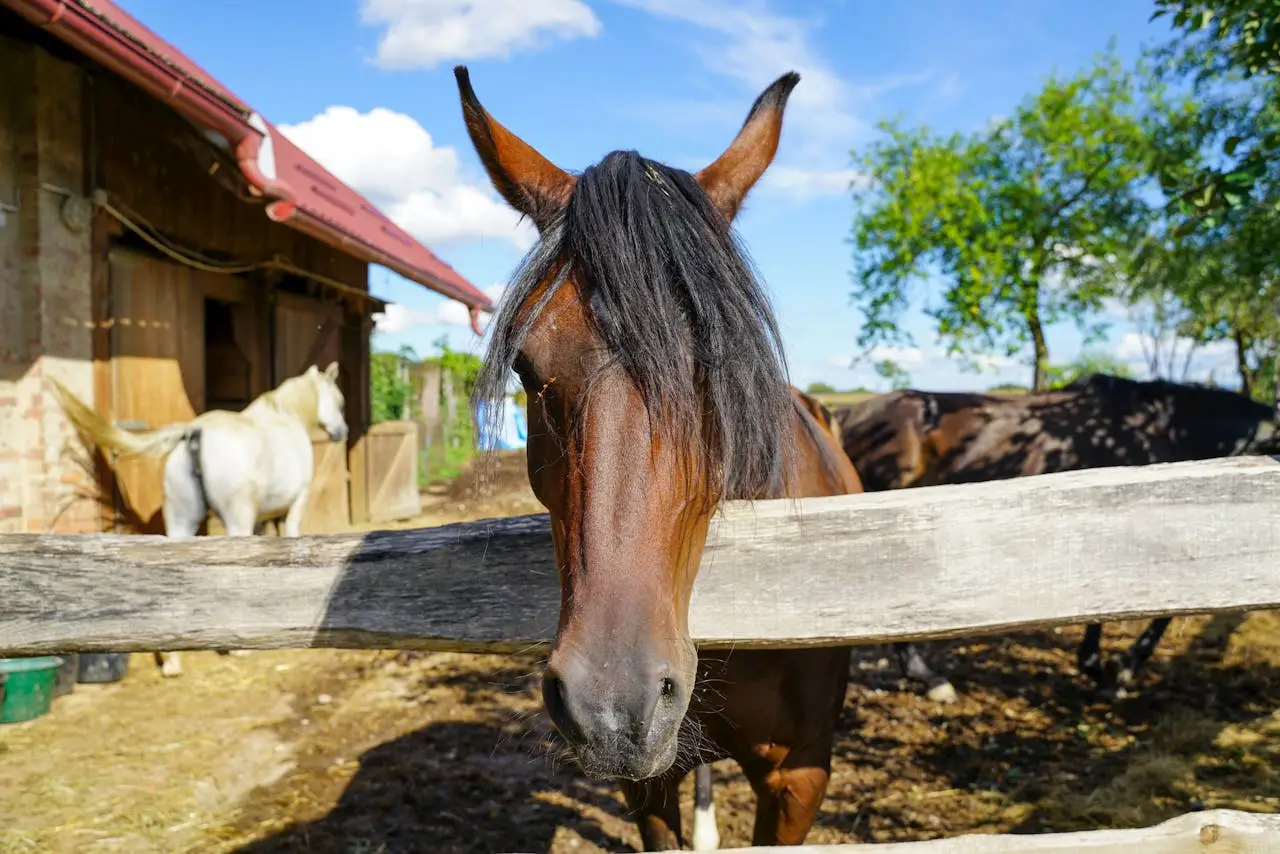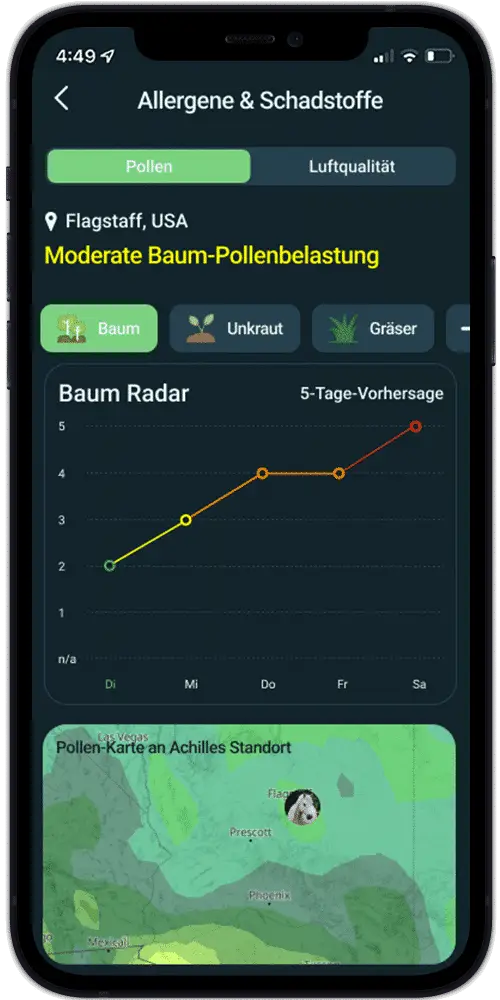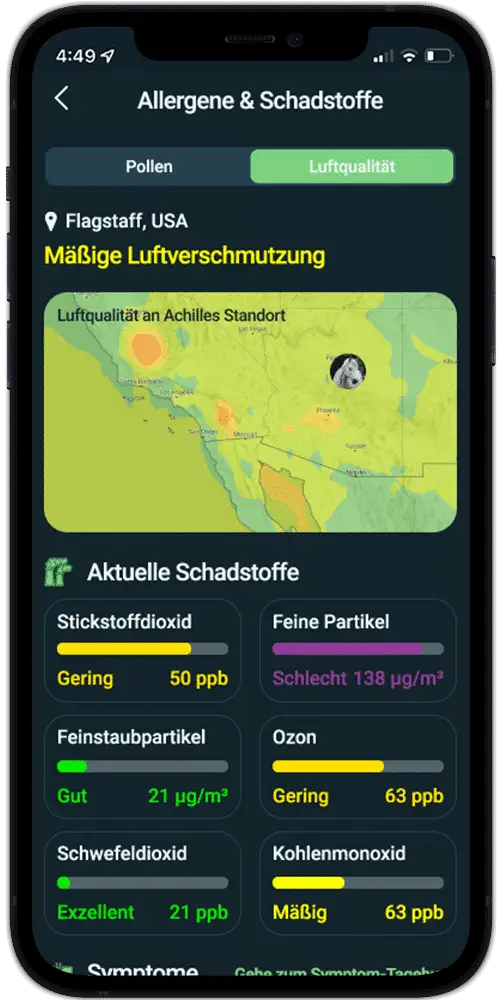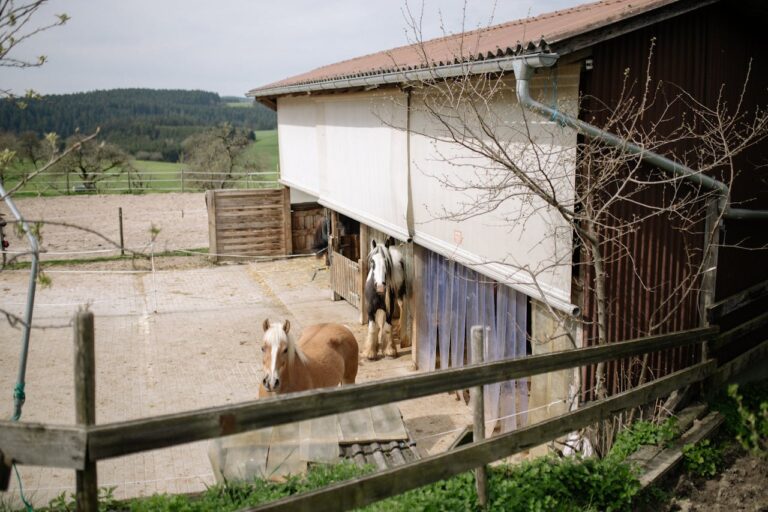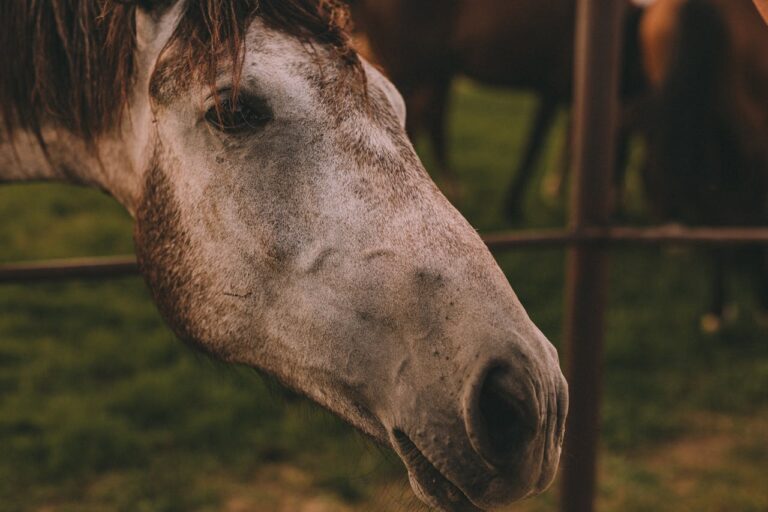
When Breathing Becomes Painful: Recognizing and Treating Equine Asthma
When Breathing Becomes Painful: Recognizing and Treating Equine Asthma More Than Just a Cough – When Horses Struggle to Breathe Does your horse have a persistent cough? Don’t dismiss it as a minor issue! What may seem harmless can be

